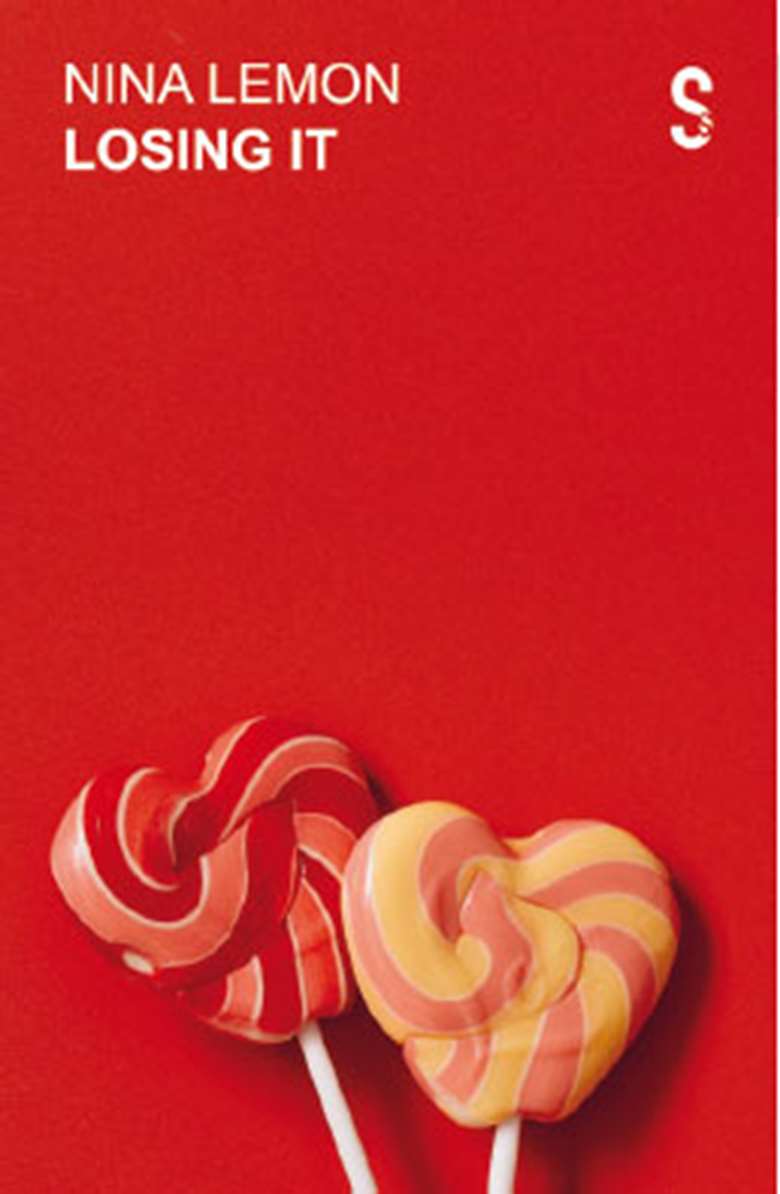Losing It, by Nina Lemon
Naomi Holcombe
Monday, February 1, 2021
A play with potential to share an important message, but that doesn't quite hit the right note, published by Salamander Street.

'A play about coming together and falling apart’, Nina Lemon's new play Losing It is all about relationships and sex education. A pertinent topic, as the new PSHE curriculum has made sex and relationships education mandatory in all schools from this year, so how great it is to have new plays which could be used to both educate and entertain at the same time.
Drama is an amazing educational tool, whether that be through a heavily didactic approach like Brecht's or a more light-hearted one. But unfortunately, I've always thought productions trying to teach audiences about love, sex or relationships to be rather patronising, especially those interspersed with songs about STIs.
Our young people are so much more switched on in this world of digital and social media. So many more are well educated on relationships and sex that I don't know how new, fresh or purposeful this play would be. I am in total agreement that students need really good sex education, but I don't think this play is the answer to that.
I also have no idea what the songs sound like, but unless they're written and performed in the style of Avenue Q, they feel extremely ‘cringe worthy’. Is this play supposed to be a TIE piece or a musical? Although there are at times some funny interchanges about girls and boys, stereotypes, and gender, it feels awkwardly written and I imagine even more embarrassing to watch.
There are a few poignant moments in the play: monologues about sexualised content seen on a bus, explorations of how it feels to be transgender and an incident of rape at a party, but I wish the dialogue was written as well as the messages the play is trying to convey, as when we ‘flash-forward’ into the present time zone, that sincerity disappears.
Structurally it is quite formulaic in places; flashbacks followed by characters apologising for not being more sensitive or knowing what had happened to them at that stage.
I have taken on the PSHE lead role in my school alongside teaching drama, so I was really hoping that this play would incorporate great sex and relationships education with really good drama. I'm disappointed that it does not.

